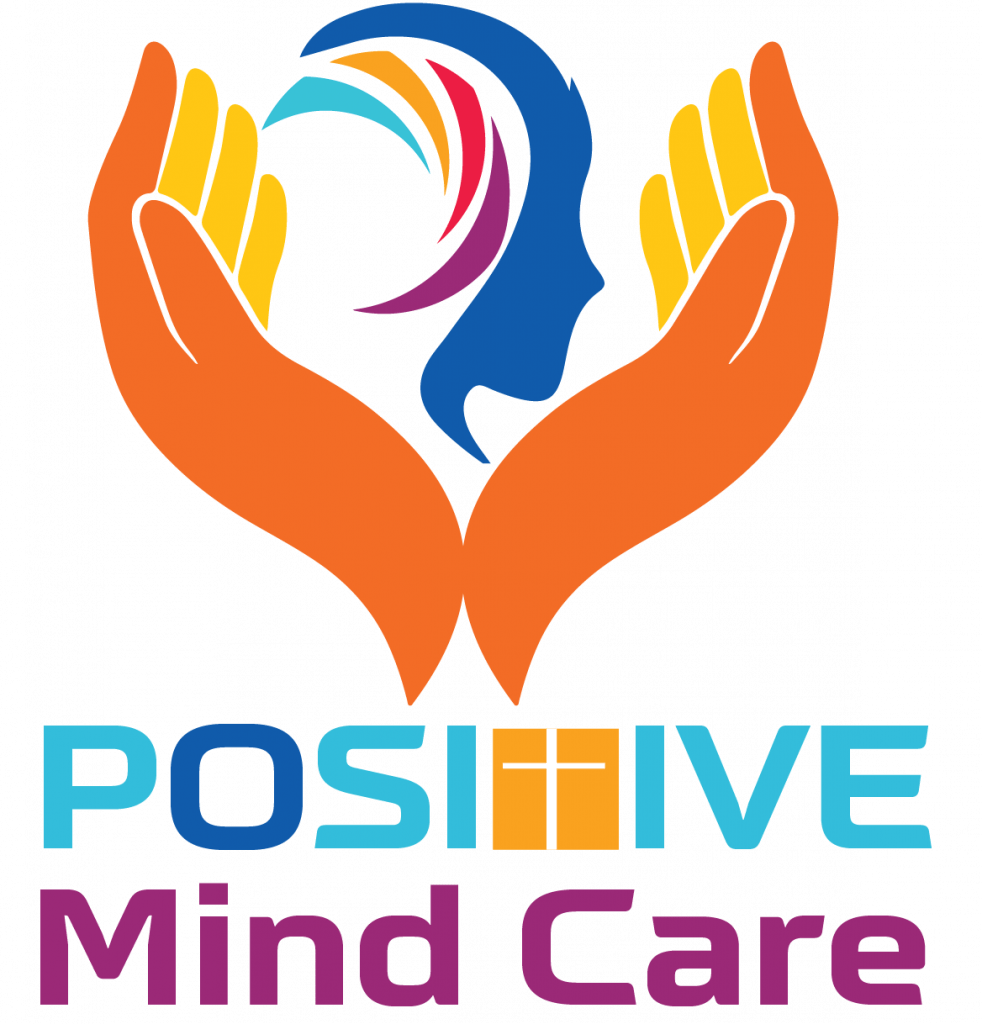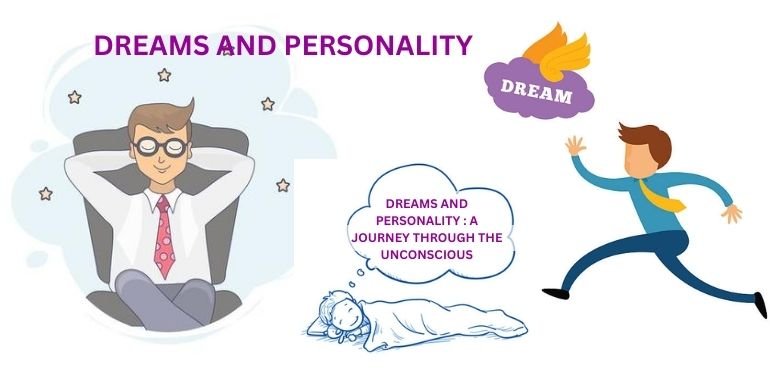Dreams serve as windows into the unconscious, revealing hidden aspects of our personality and psyche. They represent a journey through the unconscious, allowing individuals to explore their deepest fears, desires, and aspirations. According to Jungian theory, dreams contain symbols representing archetypes, which are fundamental building blocks of the psyche shared among humans. These symbols reflect the collective unconscious, containing universal themes and motifs that shape our perceptions and behaviors Through dream interpretation, people can learn about their shadows—unknown or repressed aspects of their personality—as well as their anima or animus, which represent the feminine and masculine sides of their personalities respectively The Self, another important element of the unconscious, emerges when one achieves unity with the unconscious, leading to higher consciousness and a shift away from identification with thoughts, feelings, and sensations Integration of the unconscious leads to a more balanced and integrated personality, contributing to personal growth and self-realization Carl Jung’s work on the psychology of the unconscious has been instrumental in exploring the connections between dreams, mythology, and literature, highlighting the significance of these symbols in understanding the human condition. Understanding dreams and their relation to the unconscious allows individuals to embark on a journey of self-discovery and transformation, ultimately leading to a more authentic and complete version of oneself Dreams are fascinating experiences that have puzzled humans for centuries, and even today, scientists are still trying to uncover their exact purpose and meaning.
What they are:
Dreams are mental imagery or activity that occurs during sleep. They can involve all five senses, although visual imagery is the most common. They can be vivid and feel very real, even though they are not. Most dreams occur during rapid eye movement (REM) sleep, the stage of sleep when your brain is most active. We typically dream several times per night, each dream lasting around 5-20 minutes, although they can feel much longer.
What we don’t know:
Why we dream is still a mystery. Several theories exist, including:
- Processing emotions and experiences: Dreams may help us process and consolidate information from the day, including emotional experiences.
- Preparing for real-life situations: Some believe dreams may simulate real-life scenarios, helping us rehearse and respond better to them when awake.
- No specific purpose: Some scientists believe dreams are simply a byproduct of brain activity during sleep and don’t have a specific purpose.
What they mean: While some cultures and individuals believe dreams hold hidden meanings, there is no scientific evidence to such thoughts.
Additional info:
Everyone dreams, although some people remember their dreams more often than others. Recurring dreams are common and may be related to unresolved issues or anxieties. Nightmares are intense, frightening dreams that can disrupt sleep. Lucid dreaming occurs when you are aware that you are dreaming and can sometimes control the content of the dream. The connection between dreams and human personality is a fascinating and complex topic that has been debated for centuries. While there’s no single, definitive answer, research suggests that dreams can offer valuable insights into our inner selves and personalities.
Here are some key points to consider:
Potential connections:
- Dream content: The themes, emotions, and characters in your dreams may reflect your current concerns, hopes, fears, and desires. For example, recurring dreams about falling might suggest anxieties about losing control, while flying dreams could symbolize feelings of freedom and possibility.
- Personality traits: Studies have shown potential links between specific personality traits and dream characteristics. For instance, people high in openness to experience tend to have more vivid and bizarre dreams, while those high in neuroticism might report more frequent nightmares.
- Dream recall: How often you remember your dreams and how readily you discuss them with others can also be influenced by your personality. Open and introspective individuals may be more likely to remember and analyze their dreams.
- Sharing behavior: How someone chooses to share or interpret dreams can be telling. Openness to their meaning suggests openness to experience, while sharing for emotional relief might signal higher neuroticism.
MORE INFORMATION
- If you’re curious about the possible link between your dreams and personality, consider keeping a dream journal to track your experiences and identify recurring themes.
- Explore resources like books, articles, and websites on dream interpretation, keeping in mind the limitations of any singular approach.
- If you’re seeking deeper personal insights, consider consulting a therapist or counselor who specializes in dream work.
- Research findings are correlational, not causal. This means personality traits and dream content might influence each other, but neither directly proves the other exists.
- Individual differences are significant. While trends exist, dream experiences are highly personal and cannot be neatly categorized by personality traits alone.
- Cultural factors and current life experiences also play a role in shaping dreams.
Remember, dreams can be a fascinating window into your inner world, but they shouldn’t be treated as definitive pronouncements on your personality. Be curious, explore, and approach dream interpretation with an open mind and a sense of self-awareness.
CONCLUSION
Dreams serve as a mirror reflecting the unconscious mind, allowing individuals to navigate their inner landscapes and gain a deeper understanding of themselves. Through dream analysis and interpretation, people can uncover layers of their psyche, confront unresolved issues, and embark on a transformative journey towards wholeness and self-realization. Embracing the insights gleaned from dreams can lead to a more harmonious relationship with oneself and a greater sense of authenticity in navigating life’s challenges. Ultimately, the exploration of dreams and their connection to personality offers a rich tapestry for individuals to explore, learn, and evolve on their quest for self-discovery and personal fulfillment.



